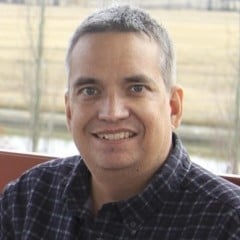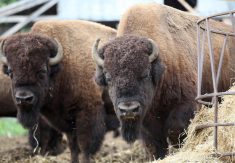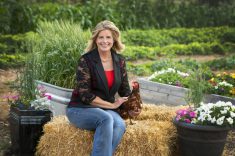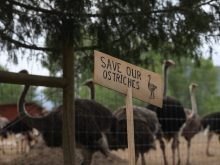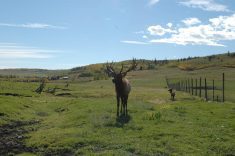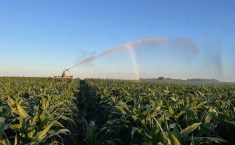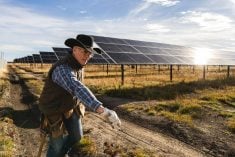Primary producers and agriculture researchers have a shared goal: to find the best and most profitable ways to produce crops and livestock.
So why does it often seem the two groups speak different languages?
More than ever, science is becoming part of the language of agriculture, but a lot gets lost in translation. Since 2014, the Beef Research Mentorship Program has worked to bridge those gaps by pairing science-driven “mentees” with industry-hewn “mentors.”
“It started out of this noticeable gap that I think all industries struggle with: the people conducting the research are pretty far removed from the people who are utilizing it,” said Sydney Fortier of the Beef Cattle Research Council, which oversees the program.
“The mentorship was developed to create a connection between researchers and the beef industry.”
Getting started
The application process is fairly simple. BCRC staff members assess mentee candidates based on a number of factors but they must have passion for the beef industry, said Fortier.
Each chosen mentee is teamed with two mentors who work in the Canadian beef industry. Although they are often primary cattle producers, anyone who works in the industry can be a mentor.

“Mentors are selected specifically to align with our researchers’ interests in order to provide guidance,” said Fortier.
“A big part of what mentors do is help create a network connecting [the mentee] to other people in industry and producers that are doing relevant things.”
This jumpstarts the networking process, she said.
“Instead of taking maybe 10 years to set up these networks, they’re able to facilitate them in a year’s span and really set them off on the right foot to continue to build that network of industry folk.”
The pairs attend various meetings and events linked to the mentee’s specific field of research. The hope is that they will hear firsthand about the challenges producers face.
Helpful
That was the case with Erick Santos, an assistant professor in forage science with the University of Alberta.
Santos participated in the 2022-23 edition of the program under the mentorship of Karin Schmid, beef program and extension lead with Alberta Beef Producers, and Sean McGrath, fifth-generation Vermilion-area cattle producer.

“There’s a big difference from what you’re doing in research and what you see in reality and I think this program helps a lot to sharpen this bridge, to put the researchers into reality and see what the producers need,” said Santos.
“That’s the most important thing about the program: to make a real connection between the researchers and their audience.”
Santos had no connection to agriculture until 2010, when he selected forage management as an internship while studying for his undergrad.
In 2012 he received a scholarship to attend the University of Florida, where he again served a forage management internship. He eventually received his Master’s and PhD degrees in agronomy from that institution.
Read Also
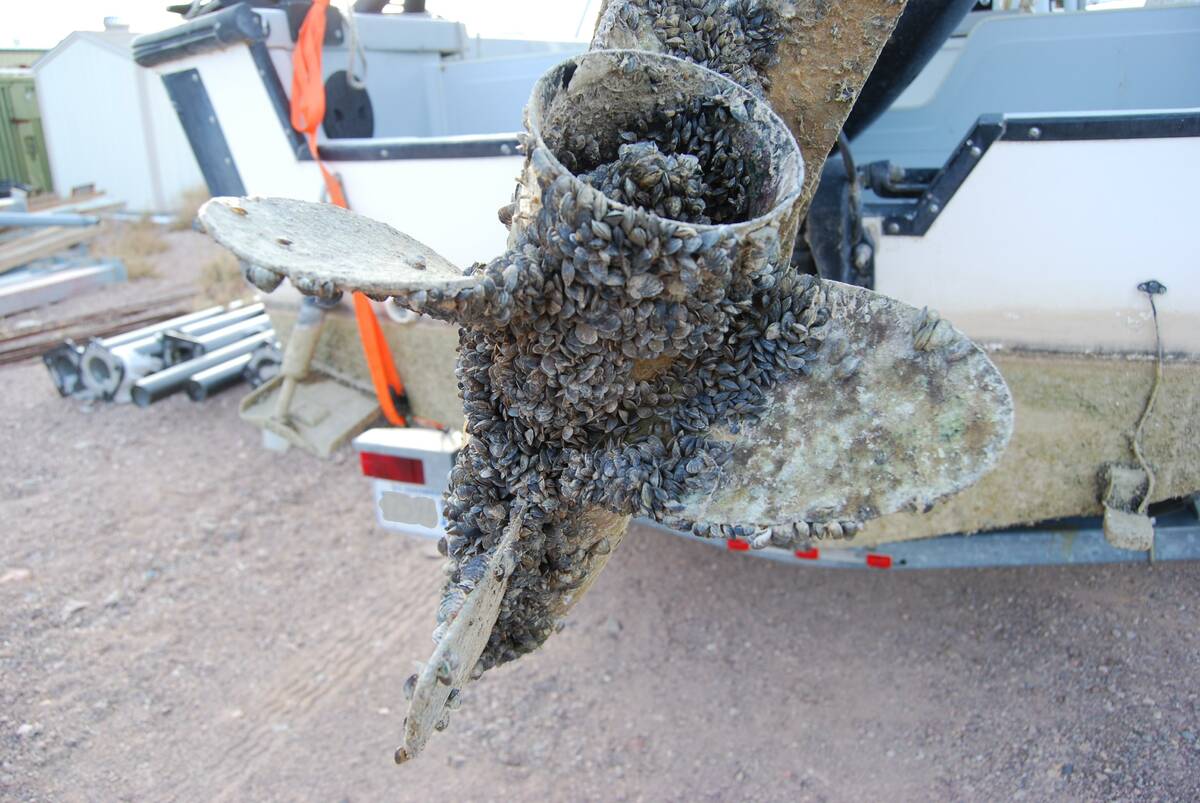
Invasive species council lending a helping hand to Alberta agricultural producers
Alberta Invasive Species Council unveils the huge economic effect of keeping invasive species unchecked to agricultural production in the province.
Studying in Florida prepared him for a career in forage and rangeland management in Alberta, but Santos still wanted to learn more, particularly how producers manage in a cold environment.
His entrance to Canada was prompted by a post-doctorate opportunity offered by University of Alberta-based rangeland specialist Edward Bork.
Santos said one of the most important things he learned about working with forage and rangeland in Alberta was the concept of managing an ecosystem as a whole.
“We don’t want to deplete all the resources, so it’s important to make sure you’re going to save resources for another year. Maybe you’re not going to graze that land every year but you’re going to keep the health of that soil so it can create in another year.”
While working with Bork, Santos discovered and was accepted into the Beef Research Mentorship Program. He praised the program for its ability to “personalize your road map.”
“I got to know people in forage research because we have several forage research associations in Alberta and I attended some of the meetings. I visited some of the research associations to get to know what kind of research they’re doing and what the farmers are asking them to do research on.
“I attended meetings with the industry and I also visited farms in the area. I think it was a very good program in all aspects.”
Ongoing participation
Schmid’s mentorship with Santos was her second time in the program.
“I think one of the real strengths of the program is, if we think about farming and ranching demographics and researcher demographics, we don’t have a lot of researchers that have a rural background,” she said.
Many researchers come from diverse global backgrounds and frequently grow up in cities.
“Erick didn’t grow up on a farm and he’s not from Canada,” said Schmid. “This provides us a really good opportunity to break him into the Canadian industry and show him how it works and the challenges we face.”
The mentees can use what they learn to drive their research programs, and ensure the results are applicable and practical for the industry, she said.
Much of the mutual information exchange between Santos and the mentors was around-the-kitchen-table discussion.
“We just talked about issues,” said Schmid. “We talked about challenges producers were facing across the province. We talked about specific types of events Erick could attend. We talked about some collaborations because I’m pretty dialed in with the research community.”
This cross-section created beneficial information for both parties.
“When you’re working with these researchers that have focus — and oftentimes a pretty specific focus — you get way more in-depth information,” said Schmid.
“Some of the things they are doing in Florida, with some tweaks, might work up here. We just have to figure out how we can adapt them for our production systems in our environment.”
An example is warmer season forages such as sorghum, which are gaining interest in Alberta.
“Erick’s got quite a bit of experience with some of those forages and might have a bit of insight on which ones might be most promising up here and which ones that we should maybe not waste our time with,” said Schmid.

Added McGrath, “Another reason a lot of people are interested in warm season forages is, whether they’ll admit it or not, things are changing and the world’s getting warmer. We may have to look at ways to mitigate risk and do things a little different.”
McGrath participated as a mentor because he thinks it makes sense.
“If you can get a chance to be involved with research or coaching, the correct answer when you’re asked is always yes,” he said.
“Erick’s background of not coming from Western Canada has been one of the cool things. The questions are different and the perspective is different, so that means you may be questioned about things on your own operation in a different way.”
Also, McGrath likes to help.
“If there’s somebody I know that I can make a connection with or forward an email address or do an email introduction, that’s fantastic,” he said.
Like Schmid, McGrath was impressed with the opportunity to hear from Santos about different forage systems from other parts of the world.
“You find out that their concerns are aligned with where we’re going or what we think is happening in the world.”
He intends to stay in touch with Santos even though his mentorship may be technically over.
“I think we’re probably still going to bounce ideas off each other and reach out and use those connections and that type of thing,” he said. “There’s not a defined start date and a defined end date for when the program is over.”
Ongoing professional relationships between mentors and mentees aren’t unusual, said Schmid.
“The mentorship program started about 10 years ago. I still talk with folks that were from the very first year. Those connections persist as long as they are able to and I think that’s really one of the big benefits.
“Erick said that he’s probably going to have us for life reaching out and asking us questions, but we’re going to do the same thing back to him,” she said.
“If I’ve got a question brewing in the back of my mind that sits in his area, I’m going to say, ‘Oh, wait, I know a guy who knows about this thing.’”
Santos agrees on the program’s road map to collaboration.
“I think it’s going to last for a very long time and I think we’re going to collaborate a lot.”

